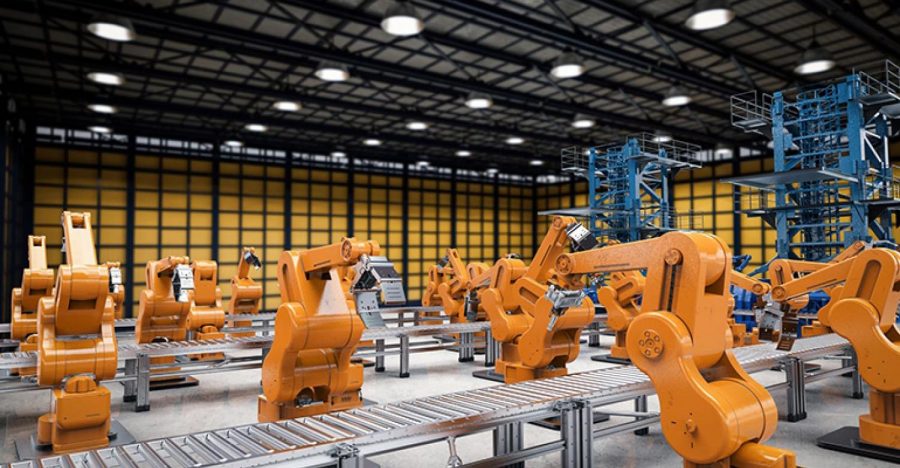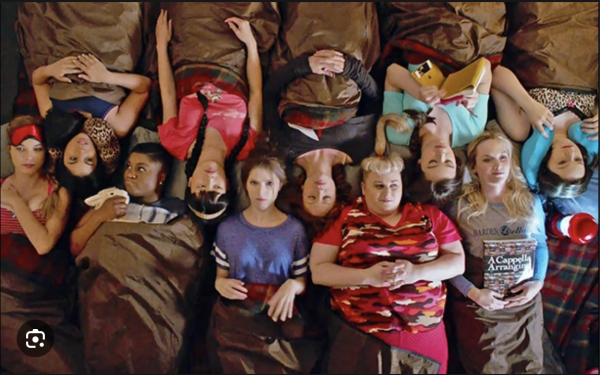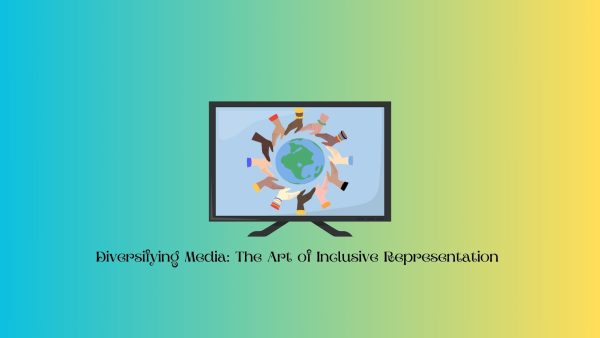Automation and Its Effects on the Yorba Linda Economy
Machines are now replacing factory workers along assembly lines at an increasing rate.
January 18, 2020
As technology continues to progress, the human hands in our society providing manual labor are beginning to be replaced by automated robotic limbs, particularly in the field of unskilled labors. But with automated jobs on the rise in society, what does this spell for the economy?
Automation in the work environment is essentially replacing humans with robots — rather than pulling on gloves and hair nets, new robotic arms are taking place, with humans only being paid there to stand and supervise and oversee any issues. Automation is taking place all around us, not only in factory lines, but in other parts around the industries, as made evident by self-service cashiers, automated teller machines, and even computerized customer support.
This is causing a lot of issues for the economy, in particular, a sharp divide between the wealthy and the lower classes. With programmed robots now doing the manual work, skilled laborers are no longer in demand, allowing for increasingly lower wages to be dished out by bigger companies, and sometimes just being fired at the spot in favor of a less expensive employee.
Although there are obvious adverse social effects to the new trend in economic automation, there are also clear economic positives coming out as well. Automation boosts economic growth, exponentially increasing production rates and improving living conditions. A more automated society also grows a more productive society, although at the expense of unskilled and lower laborers.
While the negative effects of automation on the economy are still not yet heavily pronounced, technology always continues to progress, and business owners become even more willing to pay for newer and more cost-effective alternatives to maintaining employees, which can potentially cause an upheaval in the balance of the economy. With human workers, business owners worry about the costs of insurance, injuries, workers’ compensation, and high minimum wages. In comparison, with robots, owners simply deal with the costs of purchasing machinery and maintenance, overall increasing output and decreasing upkeep costs.
But while automation looks to be a bright future for rich business owners, what does it mean for the average laborer? Automation poses a threat on the already sharp divide in economic equality between social classes, favoring the rich to grow richer and the lower class to stay in the dust. Additionally, considering the decreased demand for skilled workers, average wages could be lowered. Especially with the replacement of robotics, laborers might find themselves replaced for cheaper alternatives. Projecting this trend on the community of Yorba Linda, this doesn’t mean good news for the average citizen. Joy Zhou (10) has parents who work as businessmen for Tsingtao Brewery in China. When asked about the effects of automation on crafting beer, Joy responds that “[she] can see a lot of breweries soon start using machines on assembly lines.” In the broad horizon of the future, automation can have an even more dramatic impact on the times ahead.























